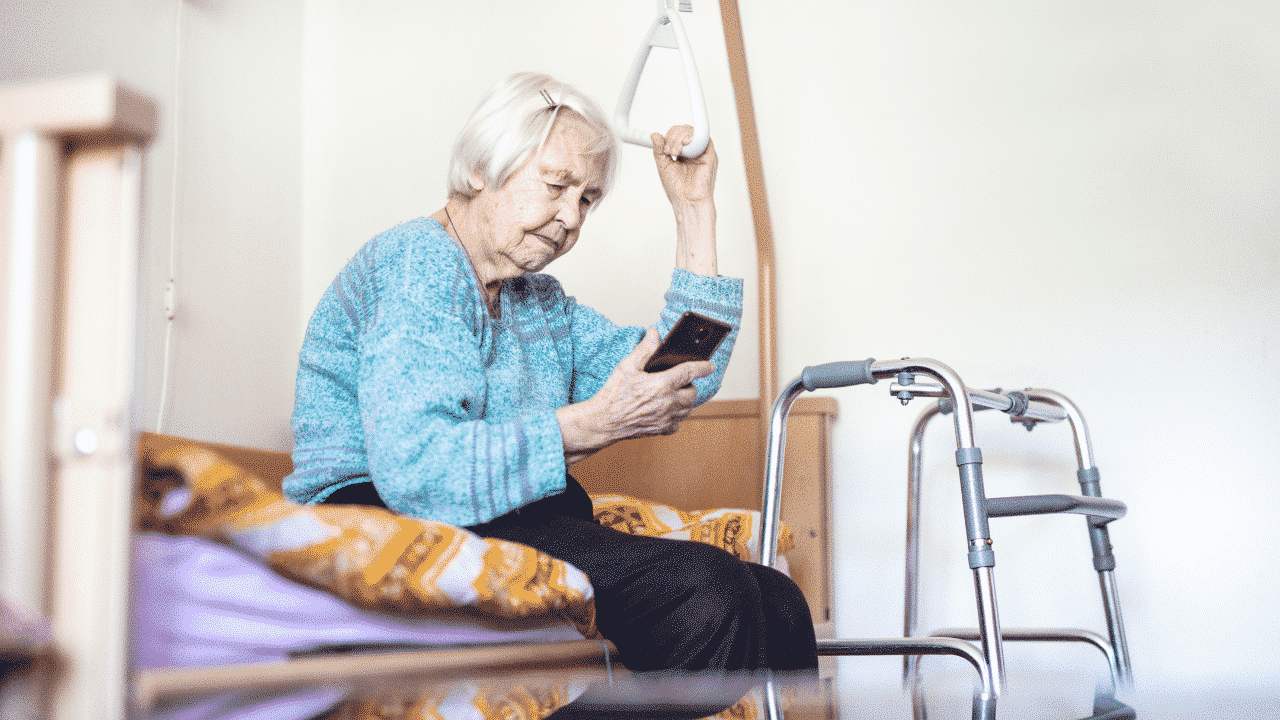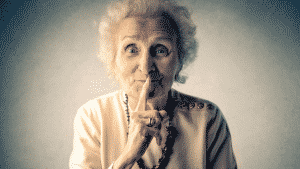As senior care professionals, mental health providers, and family caregivers, it’s essential that we raise awareness and increase our knowledge around elder abuse, self-neglect, and resources for reporting suspicions of elder abuse.
In this episode, you’ll learn:
- The answer to “what is elder abuse?” Including financial, physical, and emotional.
- The difference between elder abuse and neglect?
- Why it’s important to be mindful self-neglect among older adults
- Resources for reporting elder abuse.
How to Report Elder Abuse
If you suspect abuse, you can do something about it. First, recognize the signs. It can be painful, but don’t ignore the signs. Instead, acknowledge the signs, then report the situation so it can be investigated. Here’s how:
- For imminent risk or harm, call 911
- File a report with the Division of Aging Services’ Adult Protective Services at 1-866-552-4464
- For older adults in Assisted Living, Senior Living, Personal Care Homes, Nursing Homes, etc, the DCH Health Care Facilities Regulation at 1-800-878-6442
- Long-Term Care Ombudsman
- Find your local Ombudsman by calling your local Area Agency on Aging.
- Call the Office of State Long-Term Care Ombudsman 1-866-552-4464
For Caregivers
- Reduce stress and get support with these resources.
Links mentioned in this episode:
- Know the facts about abuse of older adults
- Respite care resources
- National Center on Elder Abuse
- olderadultnestegg.com
Related Elder Abuse Episodes:
- Elder Abuse and Elder Abuse Reporting Resources
- Elder Financial Abuse by Family Members: Schottenstein Family Story
- Preventing Elder Financial Abuse & Exploitation
- Legal Justice for Seniors: Ending Elder Abuse, Neglect, and Financial Exploitation





